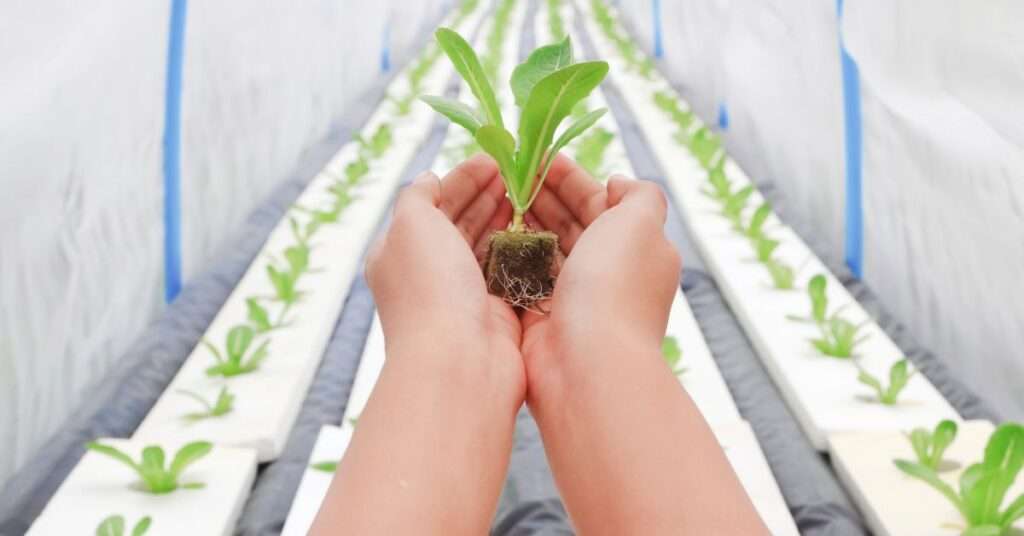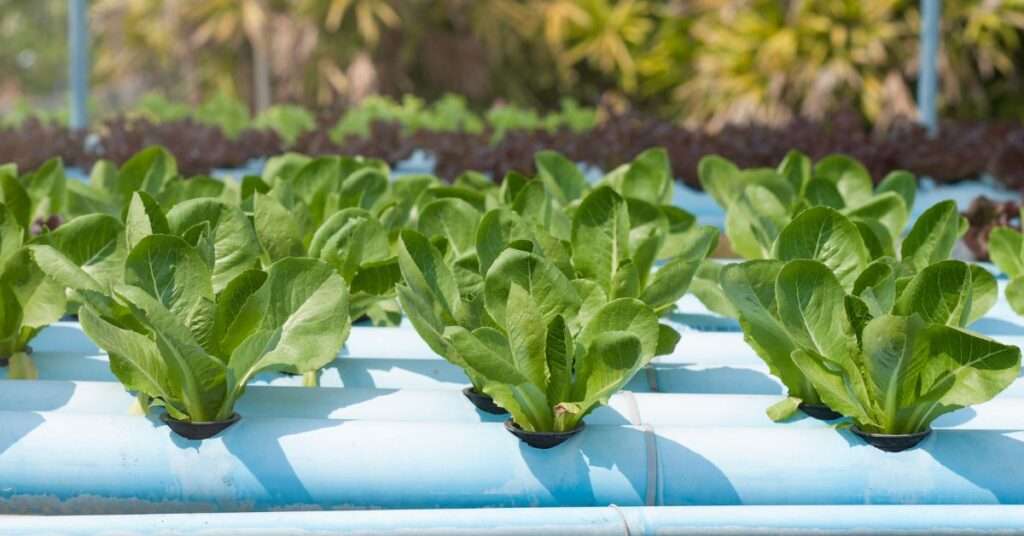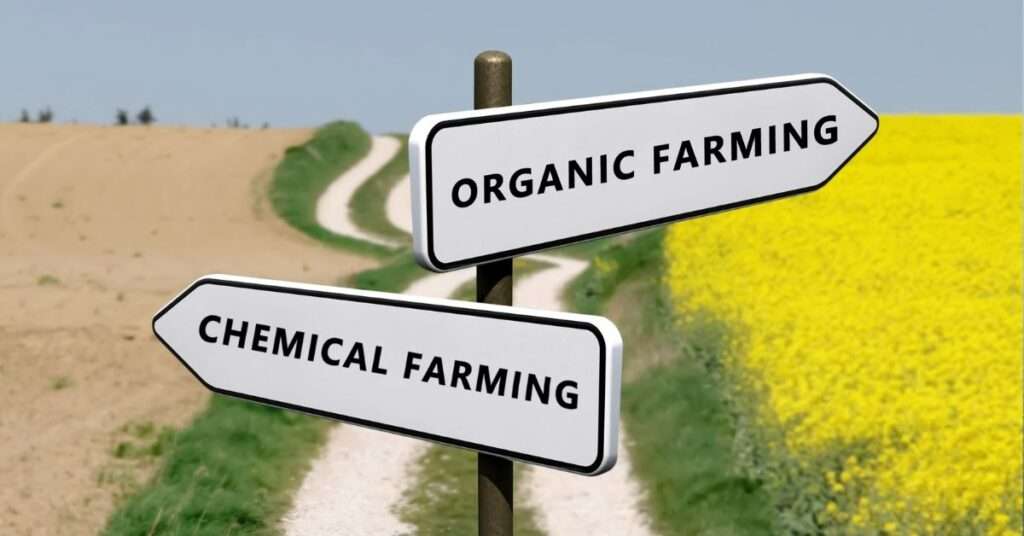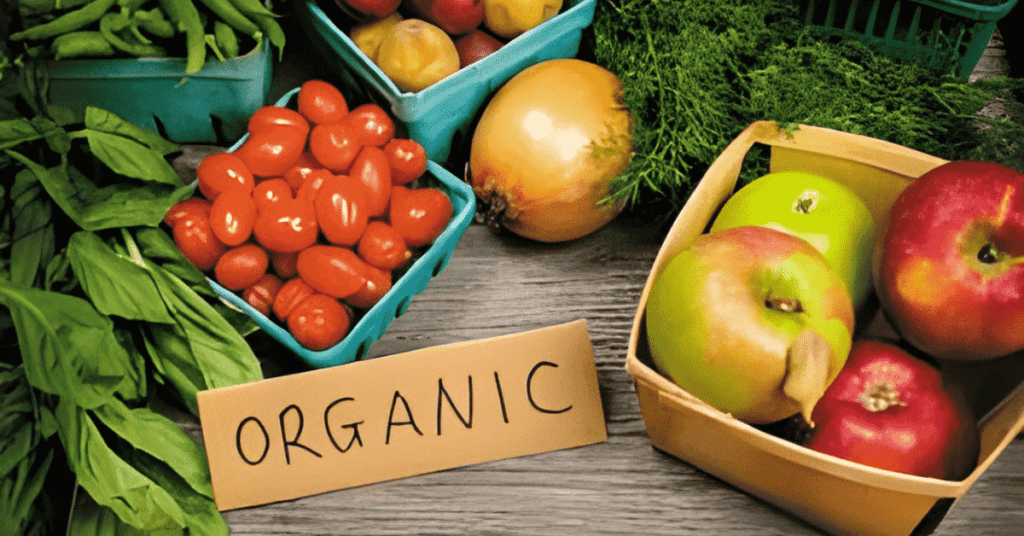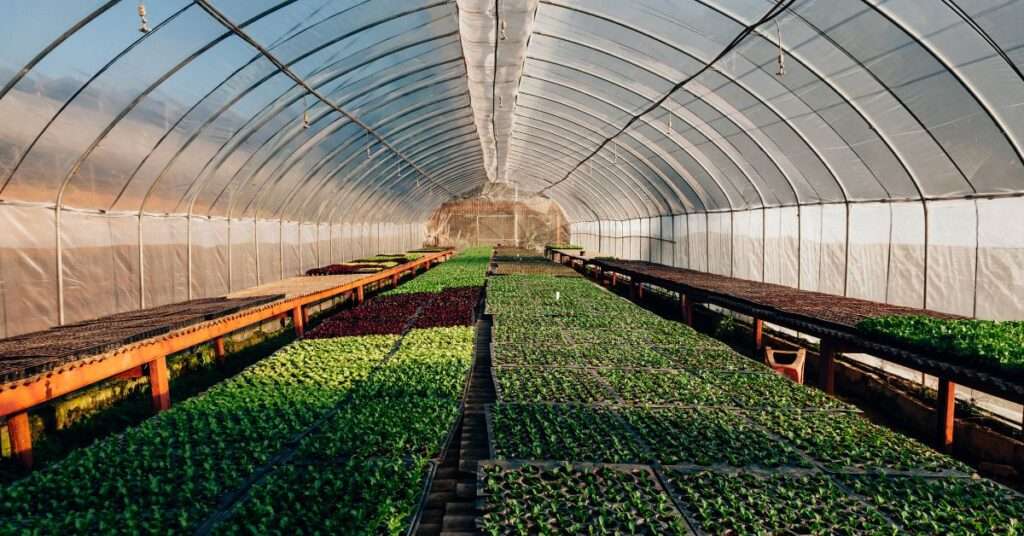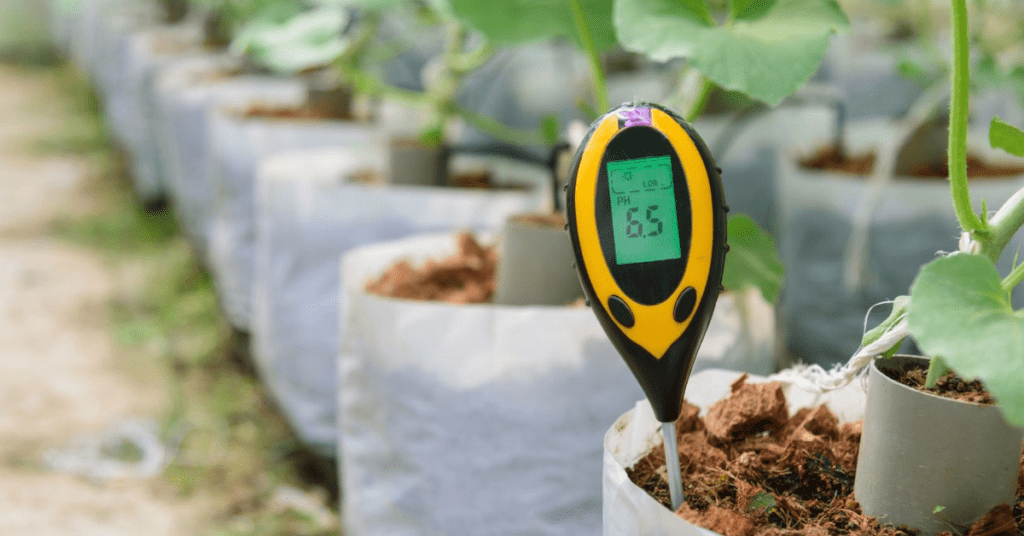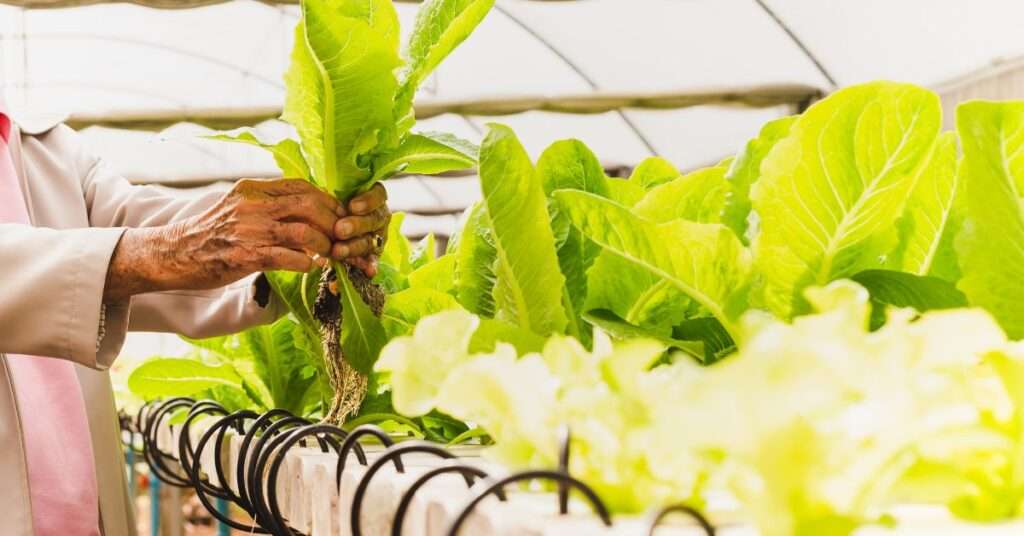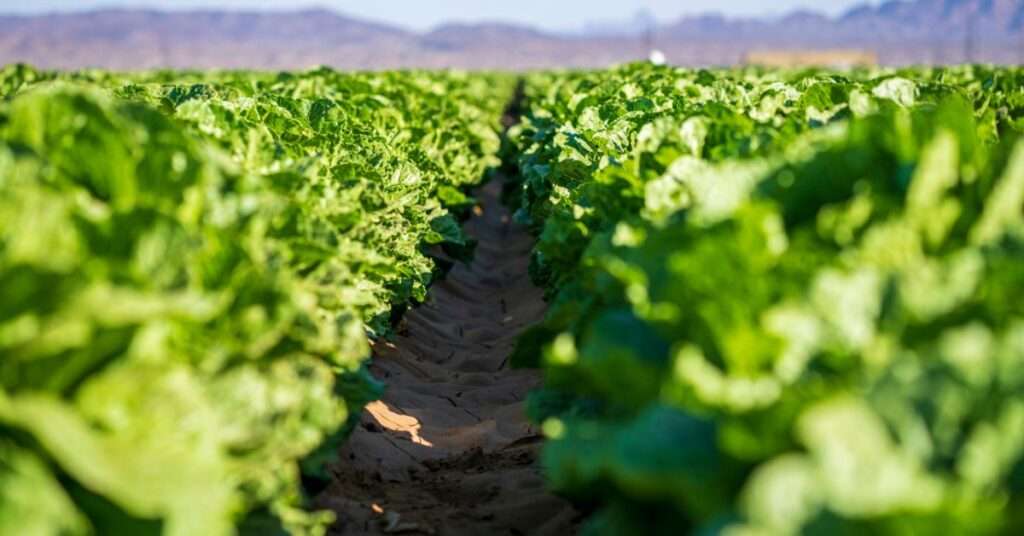Hydroponic Farming for Urban Dwellers: Growing Food in Small Spaces
In an era of urbanization and limited space, the dream of growing fresh, organic produce seems distant for many. However, the advent of hydroponic farming has revolutionized the way we cultivate plants, making it possible to grow your own food even in the smallest of apartments. This article explores the potential of hydroponic farming in urban settings, with a specific focus on its applicability in Rajasthan, a state known for its arid climate and limited agricultural land. Understanding Hydroponic Farming It’s a sustainable and efficient way to cultivate crops, requiring significantly less water than traditional farming methods. This makes it an ideal choice for regions like Rajasthan, where water scarcity is a pressing issue. Benefits of Hydroponic Farming for Urban Dwellers Space Efficiency: Hydroponic systems can be adapted to fit various spaces, from small balconies to indoor areas. Fresh and Organic Produce: Grow your own pesticide-free, nutrient-rich food. Year-Round Cultivation: With proper indoor conditions, you can grow crops throughout the year, regardless of the season. Reduced Environmental Impact: Hydroponics minimizes soil erosion, pesticide runoff, and other environmental concerns. Hydroponic Farming in Rajasthan: A Viable Option Rajasthan, a state characterized by its arid climate and limited water resources, presents unique challenges for agriculture. However, hydroponic farming offers a promising solution. Water Scarcity: By significantly reducing water consumption, hydroponics can help address Rajasthan’s water crisis. Land Constraints: Hydroponic systems can be installed in vertical spaces, making optimal use of limited land. Climate Control: Controlled environments in hydroponic systems can mitigate the effects of extreme weather conditions. Getting Started with Hydroponic Farming Choose a Suitable System: Select a hydroponic system that aligns with your space and experience level. Popular options include deep water culture, nutrient film technique (NFT), and aeroponics. Select Your Crops: Opt for crops that thrive in hydroponic environments and suit your taste preferences. Prepare Your Nutrient Solution: Use a balanced nutrient solution specifically formulated for hydroponics. Provide Adequate Lighting: Artificial lighting is essential for indoor hydroponic systems. Monitor and Adjust: Regularly check nutrient levels, pH, and water temperature to ensure optimal plant growth. Tips for Successful Hydroponic Farming Start Small: Begin with a small system to gain experience before expanding. Research and Learn: Stay informed about hydroponic techniques and best practices. Experiment: Try different crops and nutrient solutions to find what works best for you. Join a Community: Connect with other hydroponic enthusiasts for support and advice. Hydroponic farming is a game-changer for urban dwellers seeking fresh, healthy food. It’s a sustainable and efficient way to cultivate crops, even in challenging environments like Rajasthan. By embracing this innovative approach, individuals can contribute to a greener future while enjoying the rewards of homegrown produce. Deep Water Culture (DWC) One of the simplest hydroponic systems, DWC involves suspending plants in oxygenated nutrient-rich water. It’s ideal for beginners due to its ease of setup and maintenance. However, it requires close monitoring to prevent algae growth. Nutrient Film Technique (NFT) In NFT systems, a thin film of nutrient solution continuously flows over the plant roots. This method provides excellent oxygenation for the roots, leading to rapid plant growth. NFT is suitable for growing leafy greens and herbs. Aeroponics Aeroponics is a more advanced system where plant roots are suspended in air and misted with nutrient solution. This method maximizes oxygenation and can produce exceptionally high yields. While it requires more technical expertise, aeroponics is gaining popularity among hydroponic enthusiasts. Hydroponic Crop Selection for Urban Gardens Choosing the right crops is crucial for successful hydroponic gardening. Consider the following factors: Space Constraints: Opt for compact plants like lettuce, spinach, and herbs. Light Availability: Select crops that thrive in low to moderate light conditions. Personal Preference: Grow what you love to eat! Popular hydroponic crops include: Leafy greens: lettuce, spinach, kale Herbs: basil, mint, parsley, cilantro Small fruits: strawberries, blueberries Vegetables: tomatoes, peppers, cucumbers Overcoming Challenges in Urban Hydroponics While hydroponic farming offers numerous advantages, it’s essential to address potential challenges: Nutrient Imbalance: Regularly test and adjust nutrient solution to prevent deficiencies or toxicities. Light Quality: Invest in high-quality grow lights to ensure optimal plant growth. Pest and Disease Control: Implement preventive measures and address issues promptly. Initial Investment: Consider the upfront costs of equipment and supplies. Conclusion Hydroponic farming is a viable and rewarding option for urban dwellers seeking to grow their own food. By carefully selecting the right system, crops, and environment, you can enjoy the benefits of fresh, homegrown produce year-round. With a little planning and dedication, you can transform your living space into a thriving hydroponic garden. Would you like to focus on a specific aspect of hydroponic farming, such as nutrient solutions, lighting, or troubleshooting common issues?

